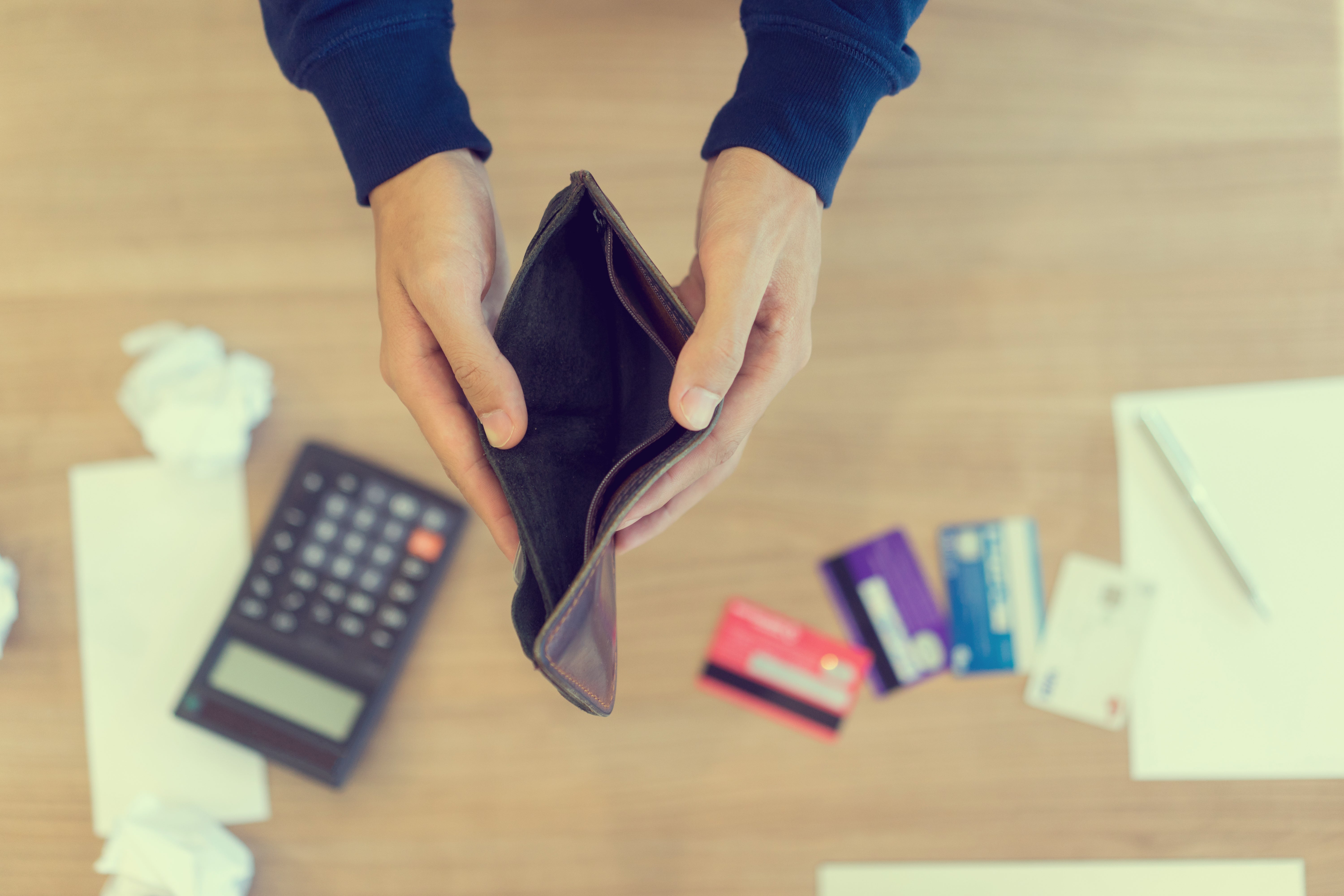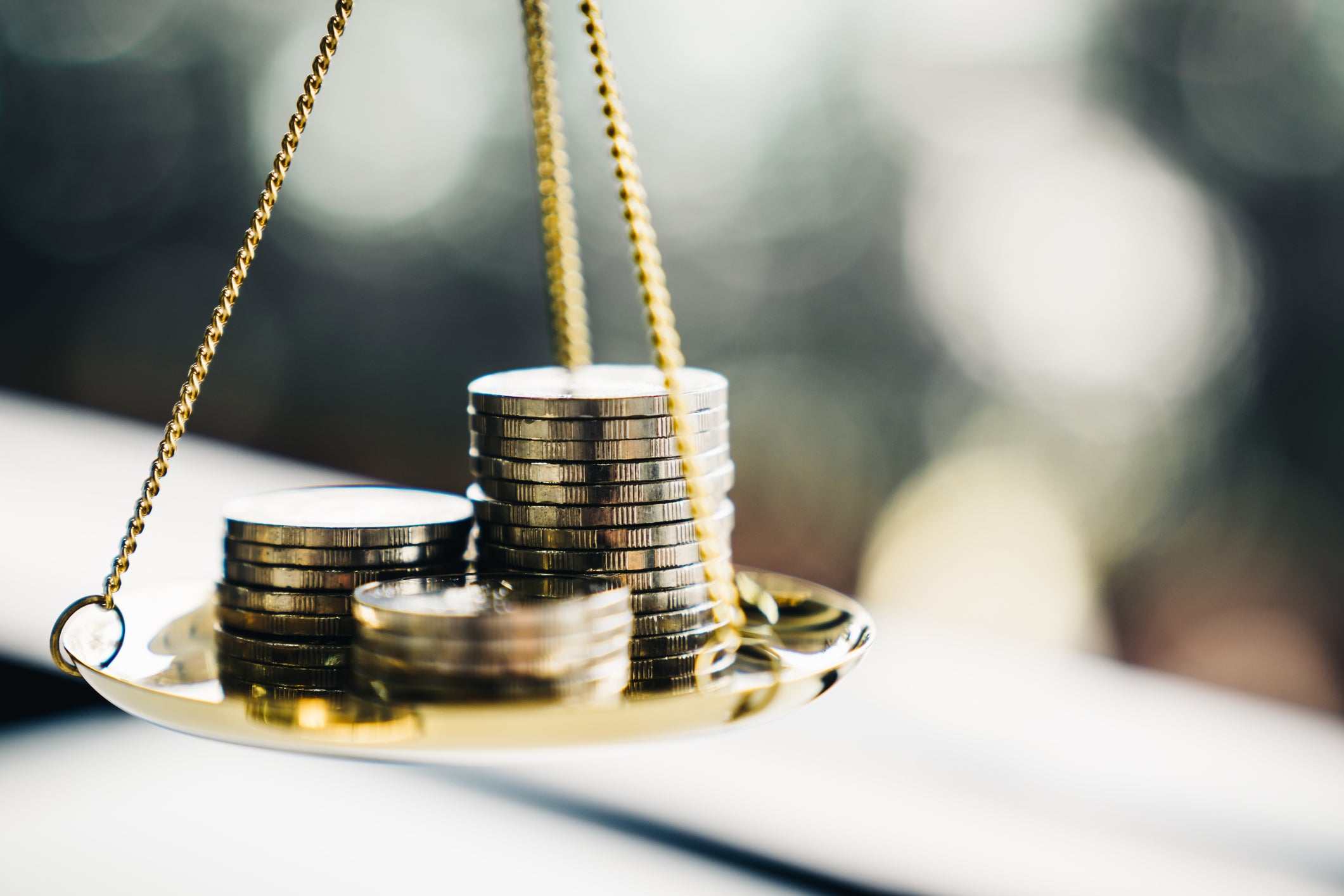The turkey, the travel, the presents - and the bill.
As households gear up for Christmas, more shoppers are turning to credit cards and ‘buy now, pay later’ schemes to make ends meet.
With borrowing costs at their highest in years, this could be one of the most expensive Christmases yet.
Here, we look at how festive credit is hitting harder - and how to stop short-term borrowing becoming a long-term problem.
Credit cards: convenience at a cost
Credit card borrowing is getting pricier. According to Finder, the average UK credit card APR in October 2025 was 36.34 per cent, up from 35.8 per cent a year earlier. Moneyfacts puts the average purchase APR at 35.7 per cent, among the highest on record.
That means anyone who borrows £1,000 and takes a year to repay could face roughly £350 in interest alone.
The Bank of England says consumers added £1.1 billion in credit card debt in January 2025 - proof that even as inflation eases, reliance on borrowing remains high.

Minimum payments may look harmless but can keep balances lingering for years. Missing just one payment can also add fees and damage your credit score, leaving a financial hangover once the festivities end.
BNPL: smart budgeting tool or debt trap?
‘Buy now pay later’ (BNPL) has become the go-to for millions. Around 42 per cent of UK adults have used it, and transaction values are expected to reach £27bn this year, according to Finder and The Payment Association.
Services such as Klarna, Clearpay and PayPal let users split payments into three or four interest-free instalments.
Used carefully, that flexibility can help people manage cash flow - but be rigorous about making the payments on time.
Anthony Fuller, chartered financial planner at Path Financial, says: “For disciplined people, BNPL is a tool to help split payments over a few months rather than paying one lump sum for something.
“It can be useful if you know exactly what you’re spending and when and how you will repay it. It can avoid high credit card interest rates.”
But experts warn against treating BNPL as free money. It’s not designed for long-term borrowing - and when several plans overlap, missed instalments or late fees can quickly turn a manageable expense into a problem.
Fuller adds: “It’s only really a good idea for organised and well-disciplined people who aren’t going to get into a cycle of debt.”

Citizens Advice found that around one in five BNPL users have missed or made a late payment, while nearly a third of those with instalments due had to borrow, cut back on essentials or fell behind on other bills. Its advisers are now helping more than twice as many people with BNPL-related issues as they did two years ago, with most cases involving repayment problems.
Why festive borrowing bites harder
The problem with BNPL isn’t one purchase - it’s repetition.
With gifts, travel and food costs rising, shoppers often layer one BNPL plan on top of another, while also relying on credit cards to bridge gaps. When repayments all fall due in January, the squeeze can be severe.
Even small delays add up: paying late on a BNPL plan can trigger fees, while leaving a balance on a high-APR card could mean hundreds in interest.
The Financial Conduct Authority has warned that unregulated BNPL agreements “carry a risk of significant consumer detriment” when not used responsibly.
Safer ways to spread the cost
Thankfully, there are ways to use credit more safely without giving up the festive spirit:

- Use BNPL for short-term purchases only. Stick to repayment plans of three months or less and make sure you can cover the instalments comfortably from your next few pay cycles.
- Avoid stacking multiple BNPL accounts. If you already have more than one plan running, list the payment dates to avoid missing any.
- Pay off credit cards quickly. Aim to clear the balance each month or as soon as possible. Even a small increase in monthly repayments can save hundreds in interest.
- Set a festive budget. Add up everything - gifts, food, travel - and cap spending at what you can repay within three months.
- Build a buffer. If you can, move leftover November or December pay into a savings pot to soften the shock of January bills.
In short, it’s vital to be organised if you’re using credit to pay for some things in a short period.
Don’t let “buy now” mean pay forever
Short-term credit can be a practical way to manage Christmas costs, especially if it helps avoid high-interest borrowing. But the key, experts say, is to use it with a plan.
BNPL can be a smart budgeting tool; it becomes a problem only when it turns into a rolling cycle of delayed payments.
As Fuller puts it: “It’s a short-term planning strategy for splitting big payments into three parts but shouldn’t be the start of a 12-month post-Christmas debt hangover.”
With credit card rates near two-decade highs and household budgets still tight, the best gift this festive season might simply be a clear plan – and a new year free from debt.
When investing, your capital is at risk and you may get back less than invested. Past performance doesn’t guarantee future results.
With 8.25% interest on offer, is it time I should invest in retail bonds?
Am I eligible for the DWP Christmas Bonus payment?
Why does the government want me to invest instead of save – and how do I start?
‘The goalposts keep moving’: Readers debate why saving for a pension feels impossible
Households looking to cut heating bills warned about costly insurance mistakes
Boost for savers as refreshed British Savings Bonds go on sale with higher rates







